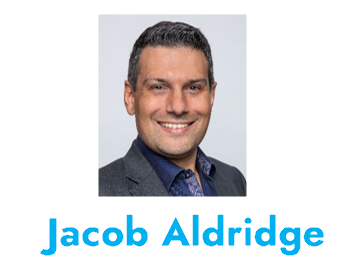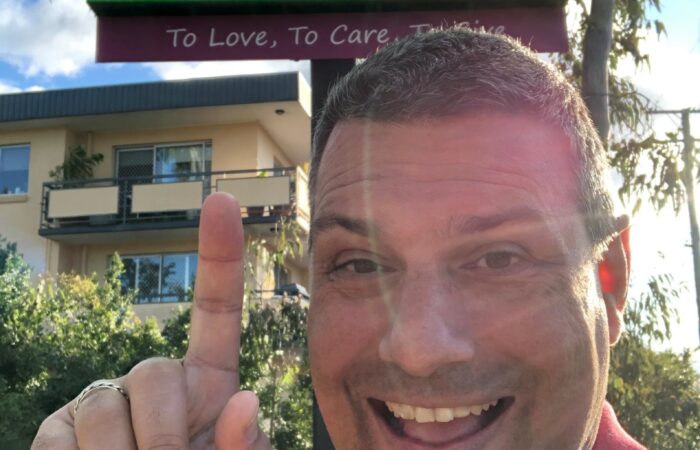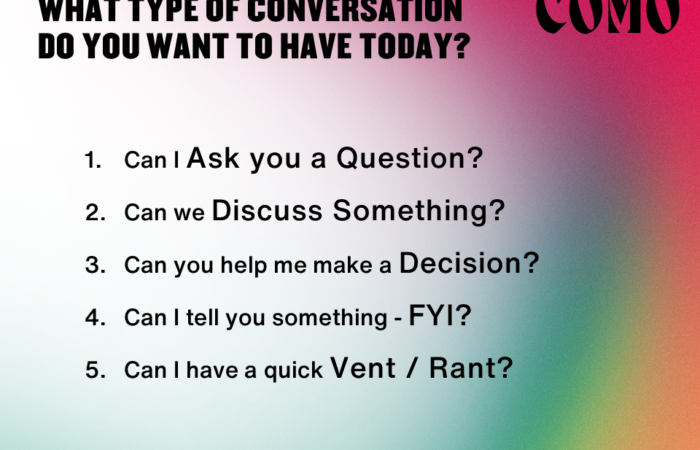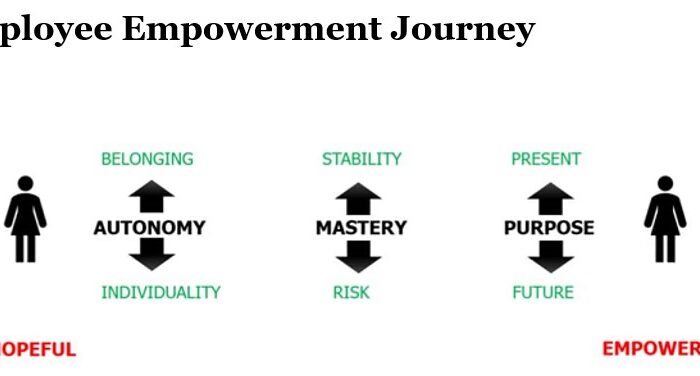I hang out in a lot of #FinancialIndependence and #EarlyRetirement communities online, since the former (though not the latter) remains a key part of our family’s vision. One common trope is people in their 20s who want to retire as early as possible.
Mostly, that’s youthful naivety. They don’t want to retire into anything specific … they just hate their jobs. And fair enough too – most jobs suck when you’re in your 20s!
Most careers get a lot better in yours 30s, so you may find you enjoy working full-time for another decade … then possibly ‘retiring’ (or only working by choice) thereafter.
There’s a couple of reasons for this, but it basically boils down to “Applying practical experience” is way more enjoyable and rewarding than “Being a noob shitkicker”.
“Applying practical experience” > “Being a noob shitkicker”.
1. You Don’t know much
In your 20s (which I’m basically using as shorthand for ‘early in your career’), you know a lot. But it’s a lot of THEORY. You have limited experience with APPLICATION – and unfortunately, jobs are about applying knowledge not just having it.
So you need to be trained. You need to be supervised. You’ll only be given the basic, mundane tasks with unimportant clients until you can prove your ability to work with less micromanagement.
This sucks. But it’s essential – the difference between theory and application is immense, and it does take years to learn in some industries (one extreme example is that no Australian accountant under the age of 50 has worked with a business during an official recession).
You’ll be treated like a child, some of it unfairly, and that adds to the feeling that work is always crap.
2. No autonomy / flexibility
This is connected of course – as you progress your career, you’ll get promotions, specialisations, and the ability to actually make decisions about what to do with your day.
Life enjoyment changes enormously when your 40 hours per week have changed from “boss tells me when to piss” into “boss buys me coffee every month to talk about my training needs”. (Both extremes, but you get the point.)
You may even be able to leverage your early experience and relationships into self-employment or starting your own business. Emotions level 9000, but maximum autonomy as well.
You can see here that I’m making some assumption of career progression. If you find yourself at 40 still waiting tables, you may not benefit from the growth in autonomy – and that’s just one reason why hospitality and tourism careers are hard, and we need to respect people who do those jobs even more.
3. Limited direction and progress
Finally, you’ll one day be able to do work that actually makes a difference (if you want to develop your career that way).
Early on, you’ll likely be a jack of all trades doing entry level work in a range of areas. Finding some aspects of the industry that you like, becoming better at them, and actually sinking your teeth into (and solving) interesting problems all make for a more rewarding and enjoyable job.
Plus you tend to make better money in your 30s, and that’s income on top of a better financial base (eg, you don’t have a stupid car loan anymore, guilty!) which means way more disposable income. All other things being equal, more money is good.
Now, it’s possible to progress none of these; to still be performing entry-level work in your 30s and beyond. And as a positive choice, that’s ok – not everyone needs to have a career, if they create the life they want without one that’s awesome. I just don’t have time for people who won’t help themselves but continue to moan about how hard life is.
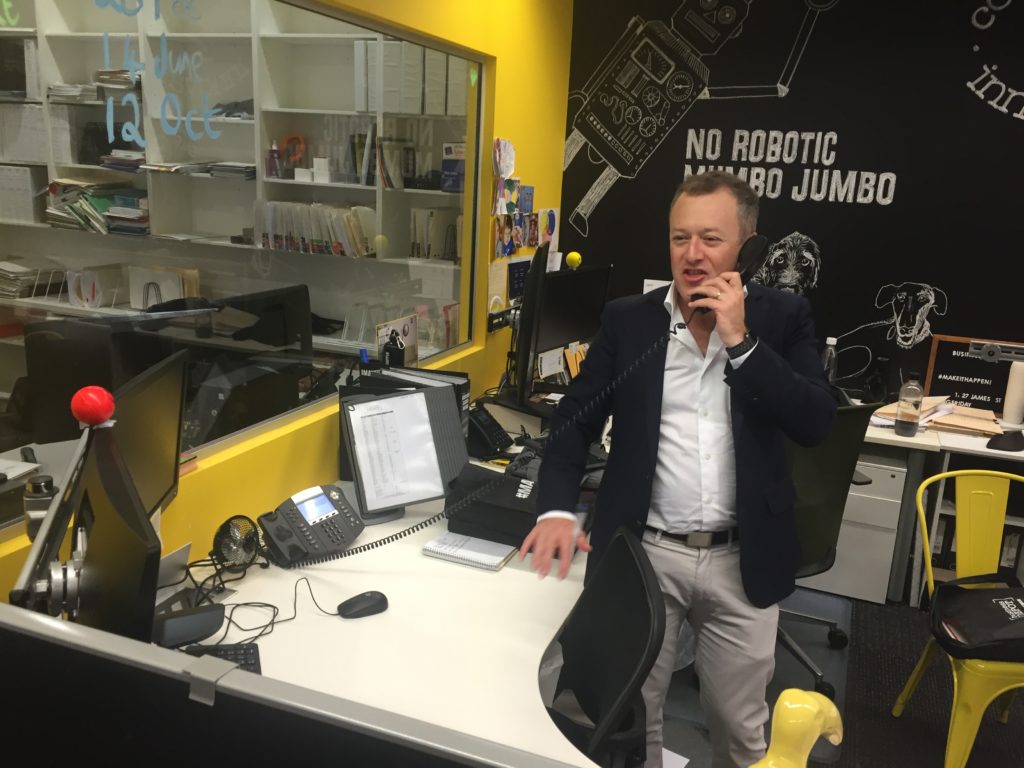
The key to great plans is flexibility if a better plan arises- either way, good luck and have fun!
